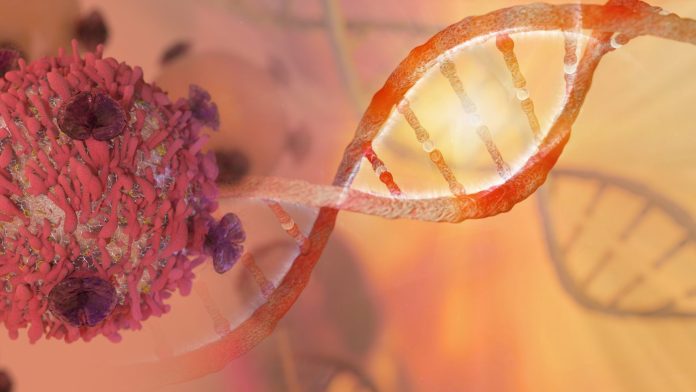
Scientists at the University of Cambridge and the National Cancer Research Center in Madrid have identified 17 genetic signatures that reveal the complex underlying causes of some of the deadliest cancers and could help develop new personalized cancer treatments.
Chromosomal instability is a hallmark of cancer, occurring in around 80% of tumors. When cancer cells divide, the chromosomes that contain our genes can become unstable, leading to gains, losses and rearrangements in DNA. Cancers with high amounts of chromosomal instability are often the deadliest, resulting in survival rates of less than 10%.
Although an important feature, scientists have struggled to identify specific chromosomal instability patterns in tumors. The majority of current cancer research is focused on how combinations of often single base genetic variants can be used as mutational signatures that can be targeted during cancer treatment, rather than investigating the impact of the large genetic changes caused by chromosomal instability.
A new study, published in Nature, has now characterized the complex genomic changes present in cancers containing chromosomal instability, providing a framework for future analyses and possible drug development.
Using computational tools, the researchers investigated patterns of chromosomal instability across more than 7,500 tumors, representing over 30 types of cancer from The Cancer Genome Atlas. By analyzing the different number of DNA sequence repetitions within the tumors the researchers were able to identify 17 types of chromosomal instability.
“With our work we are enabling clinicians to predict responses to certain chemotherapies. Our new technology also enables us to identify new drug targets which could be used as input for the drug development pipeline,” Ruben Drews, Research Associate at the University of Cambridge and co-author of the study told Inside Precision Medicine.
The scientists linked the different types of chromosomal instability to 49 novel druggable targets as potential approaches for future drug development. This research has led to the formation of Tailor Bio, a spin-out company from the Cancer Research UK Cambridge Institute, aiming to develop “pan-cancer therapeutics,” representing drugs for patient groups based on their genomic features rather than their cancer type.
In a separate study published in Nature, a different team of researchers created their own computational method to identify the changes in the copy number of DNA sequences in different cancers using The Cancer Genome Atlas. Based on nearly 10,000 tumor samples this team identified 21 signatures, providing an additional approach for the development of precision medicine.
“The more complex the genetic changes that underlie a cancer, the more difficult they are to interpret and the more challenging it is to treat the tumor,” said Florian Markowetz, Senior Group Leader at the Cancer Research UK Cambridge Institute and first author of the first study in a press statement.
“Our discovery offers hope that we can turn things around, providing much more sophisticated and accurate treatments.”













